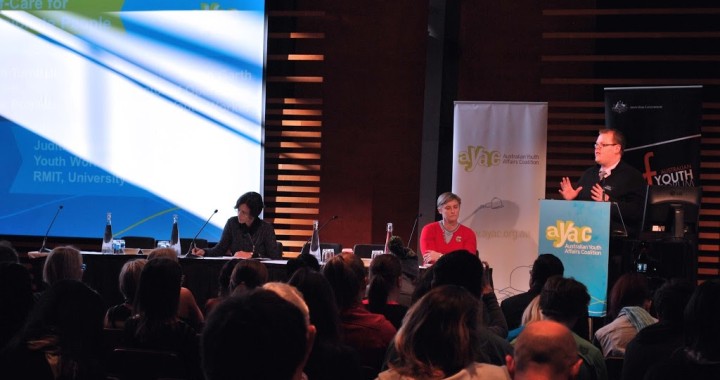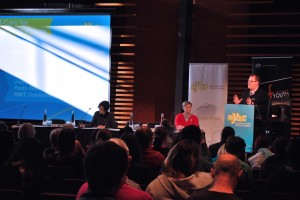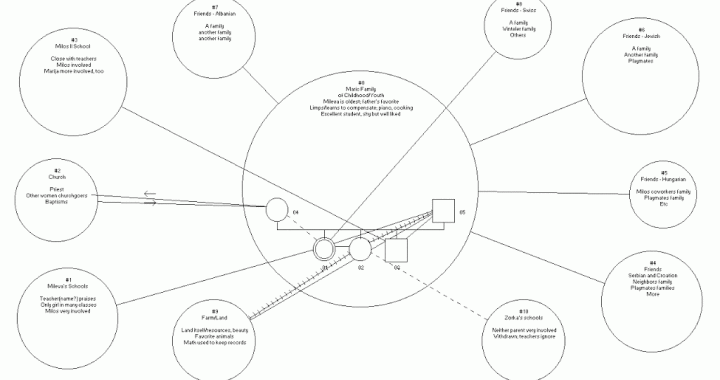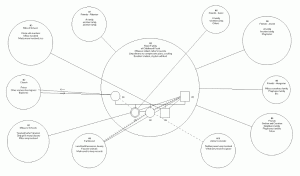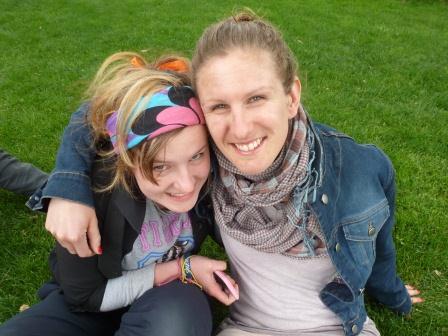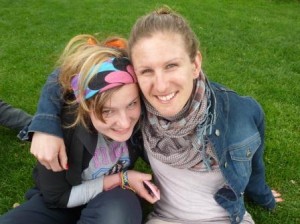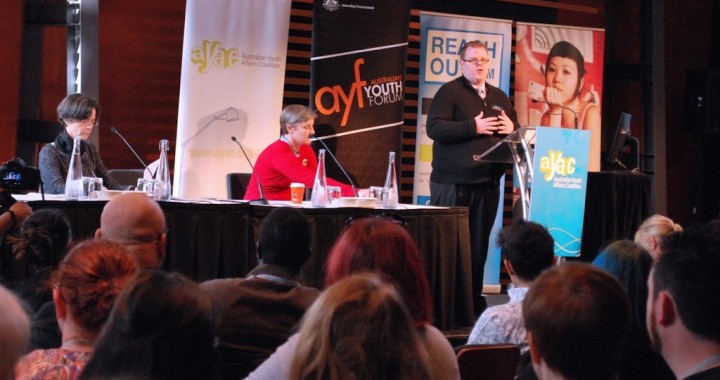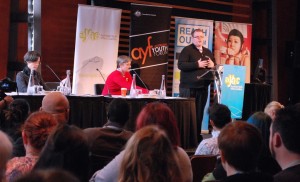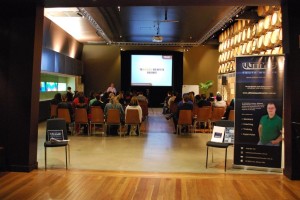Tomorrow is R U OK day here in Australia. R U OK day is an initiative to help the general public support their friends, families and colleagues speak about mental health. The basic idea is to ask people if they are ok and to let them know you are there to help if they need it. As a youth worker this is a daily task with our clients… but it is just as important to do this with our colleagues.
The latest statistics are showing us that an alarming number of youth workers are leaving the sector after little more than eighteen months in the field. We are seeing youth worker burnout coexisting with depression, anxiety and many other mental and physical health issues. So why aren’t we asking if our colleagues are ok? Wouldn’t it make sense for managers and colleagues to look out for each other? For organisations to require their staff to look out for each other? For staff to be allowed to deal with their stress?
On this R U OK day why not ask your colleagues if they are ok? The answer may surprise you.
